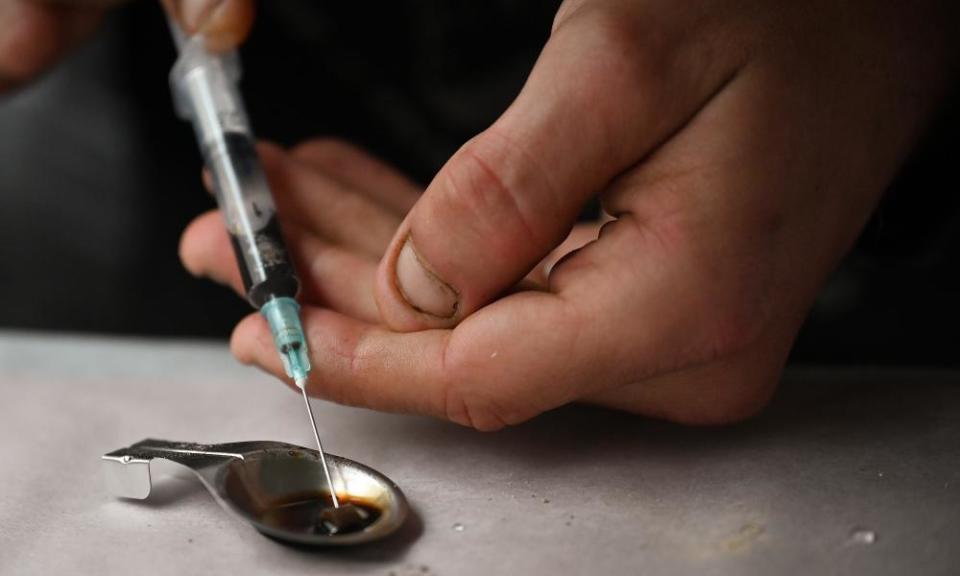Addiction services need more investment

The £80m investment for drug treatment is welcome (Ministers spurned drug tsar’s guidance of £900m funding to tackle misuse, 21 January) but will do little to reduce the record numbers of drug-related deaths, or to support the thousands living with addiction. Councils plan to spend £208m less after inflation on adult addiction services this year than in 2013/14. Since then, patients have received patchy care and addiction services have been disconnected from mental health services. In the meantime, there has been a 31% increase in drug deaths since 2014.
If the government is serious about combating this public health crisis, it must urgently publish Dame Carol Black’s recommendations for overhauling addiction services, invest £374m a year in adult addiction services, and move the clinical part of treatment back into the NHS. More lives will be lost to this treatable health condition unless the government takes decisive action.
Dr Adrian James and Prof Julia Sinclair
Royal College of Psychiatrists

 Yahoo Finance
Yahoo Finance 